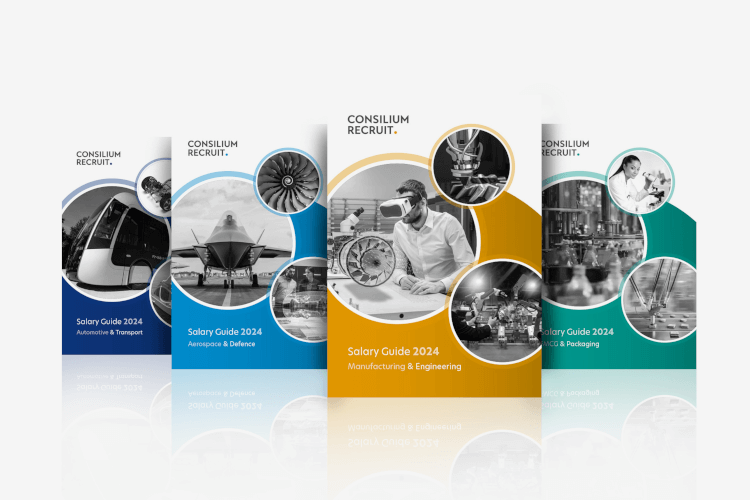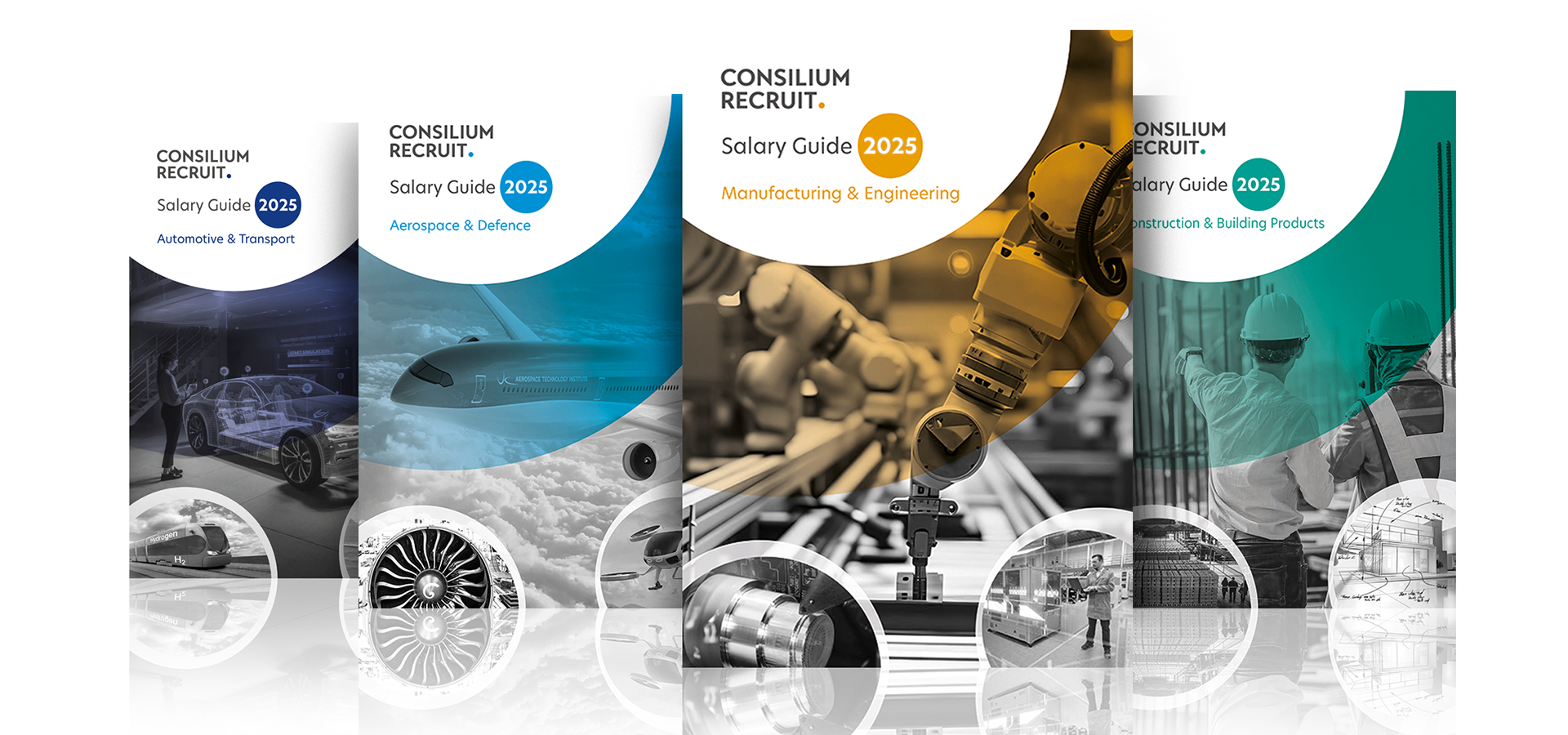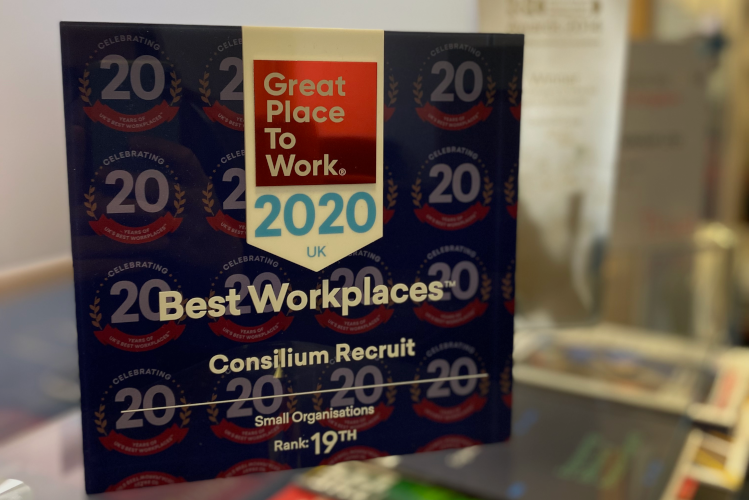What is the average salary in the Engineering and Manufacturing sector?
Now in their eighth year, our salary guides are compiled annually to provide transparency to both employers and jobseekers alike when benchmarking salary and benefits information across the wider UK manufacturing sector.
Unfortunately, we cannot produce a report based on economic data and statistics without mentioning Covid. While Brexit became a lesser distraction by comparison last year, the sheer level of uncertainty that continues to be caused by the pandemic has had an impact on decision making and confidence in the market, as reflected in this guide.
This uncertainty has given rise to a more cautious mood towards recruitment, particularly from Q2 in 2020 when the initial reaction proved to be fairly dramatic.
While signs of recovery, albeit somewhat sector specific are now underway, jobseekers are generally applying a greater degree of caution with their job searches including doing more ‘homework’ on prospective employers, with job security reigning supreme for many in this new economic climate.
However, despite these concerns coupled with the multiple lockdowns and disruption suffered, business continues to adjust and normalise as best it can. Specific industry sectors including FMCG, E-mobility, Distribution, and Medical Manufacturing fared particularly well during 2020 due to heightened consumer demand along with continued investment streams.
Interestingly, these sectors compared to others are responsible for installing significant levels of automation; enabling them to be more agile in response to sudden changes in production demands while also being more resilient to any future pandemic or similar economic shocks.
Accordingly, it is expected that firms will further strengthen their technological capability across operating functions with robot and automation investment expected to continue strongly during 2021 as part of the wider commitment to digital transformation (4IR) across manufacturing and the industrial sector.
However, a heavy reliance on increasingly scarce skilled labour continues to be a main concern which is also highlighted later in this guide with a serious shortage of ‘business ready’ technical skills required to optimise the potential gains on offer from an array of automated machinery & systems, production lines and research projects.
Encouragingly, as well as the various financial investments made by government and industry directly into the likes of the AMTC (Advanced Manufacturing Training Centre), and Industrial Strategy Challenge Fund, firms are now also making a bigger commitment to training and development of the existing workforce. But as the old argument goes - is it ever enough?
Another positive impact on availability of technical talent is launch of the new UK points-based immigration system and introduced in Jan 2021. Widely welcomed by many business groups as well as leaders, this is already changing the way in which businesses can positively attract workers from across the globe.
Closer to home, labour flexibility surrounding the appointment of contractors is something that is expected to be affected negatively by the delayed introduction of IR35 legislation from April. While the ability to utilise genuine contractors will remain, many companies as well as contractors are concerned by the risks of getting it wrong which unfortunately has already curtailed the appetite for future contractor appointments. Despite needing to be resolved, the timing is seen to be awkward at best when the flexibility of contractor skills will be required more than ever as we emerge from the Covid era.
Either way, it goes without saying that the recruitment market has never experienced such fundamental change with more to follow as the Fourth Industrial Revolution and Digitalisation begins to really take hold, resulting in a greater level of business agility plus new ways of working. What’s clear is that those prepared to adapt and embrace change will be the ones who win the war for talent as well as retain their best people.
In line with this, it’s become more important than ever to ensure that remuneration packages as well as employer proposition is truly competitive and in keeping with industry and sector norms as well as expectations. We therefore hope that you find this our guide to be a useful companion over the coming year.
Ultimately, as Manufacturing & Engineering industry recruitment experts, we are here to help guide you through this changing market. So, should you require more specific compensation & benefits information for your particular business sector, or insight with evaluating job descriptions, or scoping out future talent acquisition then we’re here to help.
To request your free copy visit https://www.consiliumrecruit.com/consilium-salary-guides We offer salary guides for the Aerospace, Automotive, Manufacturing & Engineering and FMCG sectors.










